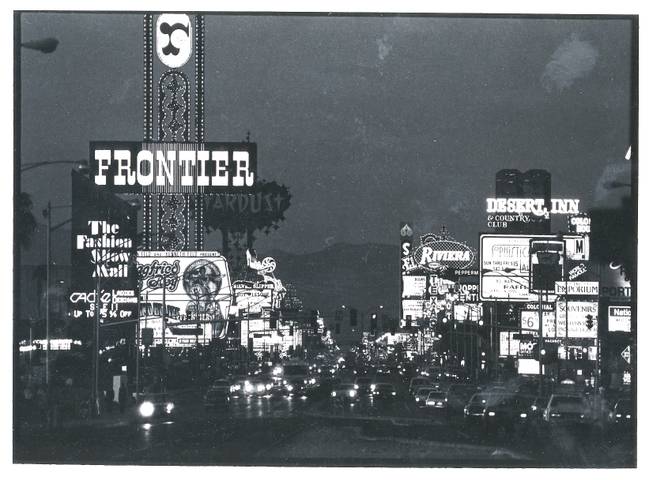
Las Vegas Sun archives
Looking north on Las Vegas Boulevard circa 1990.
Monday, June 15, 2015 | 2 a.m.
When Gov. Brian Sandoval and state lawmakers approved the largest tax increase in Nevada history, they gave the casino industry’s lobbying group something it strongly desired.
Anna Bailey
Richard Bunker
The measure aims to improve Nevada’s bottom-tier school system by broadening the tax base, which has long been a goal of the Nevada Resort Association. Although the gaming industry will pay more taxes as a result, its advocates in Carson City say the industry is happy to do so along with virtually all other businesses in the state.
Virginia Valentine, the association’s president, went so far as to say that supporting the tax measure might be her group’s crowning achievement.
It’s good timing for the association, which is celebrating its 50th birthday this year and reflecting on how gambling has changed over five decades.
“On the heels of a pretty historic Legislature, it’s an opportunity to talk about what gaming does for the Nevada economy in terms of jobs and revenue generation, and the capital investment the industry continues to make,” Valentine said.
Since its founding in 1965, the resort association has become the key lobbying voice in the state capital for Nevada’s casinos and resorts. The association, whose members include all of the state’s largest casinos, keeps tabs on government actions that affect gaming and advocates on behalf of the industry. It’s also a member of the American Gaming Association, a Washington, D.C.-based group that does similar work on a national level.
To reflect on the past 50 years, the resort association created a series of video interviews with key voices from the gaming industry. The interviews provide perspective on how gaming has changed since 1965 and how it may grow going forward.
Here’s some of what the interviewees had to say.
-
Anna Bailey
Former showgirl, Moulin Rouge
Bailey is the wife of the late Las Vegas civil rights activist Bob Bailey.
On racial discrimination in 1965: “A lot of the hotels out there, they wouldn’t let us come out there and gamble. ... (We went to) the Sands hotel, and the security guard stopped us at the door. There were about four of us. And Frank Sinatra, God bless him, came and got us and took us to his table in the gaming department. And Sammy Davis was just beating the table; he was so embarrassed for us because we were looking pretty good during that time.”
-
Richard Bunker
Former gaming regulator and resort association president
A devout Mormon, Bunker doesn’t promote gambling as an activity, but he helped regulate it as chairman of the Gaming Control Board. He served at a crucial time for the industry as it shifted from its seedier roots toward corporate control of casinos.
On the corporatization of casino ownership: “After we did what we did with changing the ownership of the hotels, I think the whole environment changed. I know the banks loosened up; they started to look at Las Vegas in a different light. Howard Hughes also helped bring that about. ... We cleaned house and got rid of the bad guys.”
-
Ron Lurie
General manager, Arizona Charlie’s
Lurie is a former mayor of Las Vegas who now is general manager of Arizona Charlie’s on Decatur Boulevard. A longtime local, he’s intimately familiar with the evolution of gaming in Las Vegas.
On the future of the casino industry: “Gaming’s going to be here. Everybody thought when Atlantic City opened Las Vegas was going to fold up. ... The way I look at it, when you open something outside Las Vegas, people get exposed to gaming, but there’s nothing like coming to Las Vegas. ... Las Vegas is here to stay, and we’re going to keep growing.”
- Michael Gaughan
Owner, South Point
Gaming is a family business for Michael Gaughan, whose father, Jackie Gaughan, was a major figure in the downtown casino business. Gaughan grew up watching the industry and its players.
On gaming innovators: “Steve Wynn probably did more to bring this city into the 21st century than anybody else. Steve is probably the most creative guy I was ever around. Caesars Palace was probably the first mega-hotel, but Steve was the one who raised hotels up to a new level.”
-
Richard Bryan
Former governor
Bryan is an attorney who was governor for most of the 1980s and a U.S. senator for years after that.
On casinos and the mob: “There was almost an implicit social contract, and it went something like this: ‘Look, we don’t care a lot about your background, but as long as you’re here in Nevada, you keep your nose clean, you mind your p’s and q’s. There is a myth that the mob ran the town. Totally false. All the mob wanted to be was, ‘Leave us alone.’ ... They didn’t try to control anything.”
-
Tony Marnell
CEO, Marnell Companies
Marnell, who grew up in the valley, is an architect who counts many major Las Vegas properties among his portfolio. He also was a casino executive at the Rio.
On the changing casino industry: “There’s nothing more powerful than an idea. ... In Las Vegas, you have the eating idea, you have the sleeping idea, you have the outdoor recreation idea, you have the casino idea. You have all these ideas that come together, and how they go together for the next 20 years, I don’t think are like the way I was a part of putting them together for the past 40 years.”
-
Bill Boyd
Co-founder, Boyd Gaming Corp.
Bill Boyd and his father, Las Vegas casino pioneer Sam Boyd, helped establish the locals casino movement with the opening of Sam’s Town in 1979. The Boyds were important players in the casino industry before that, too.
On how the industry was perceived during its formative years: “Generally, gaming was not thought of in those early days like it is today, as a respected industry. I would say a lot of people thought, ‘Well, if you’re in the gaming business, you’re a little shiftless and irresponsible and not really serious.’ Banks wouldn’t loan money in those early days. So it was much different than it is today, in the sense that we weren’t really thought of as a legitimate industry yet.”
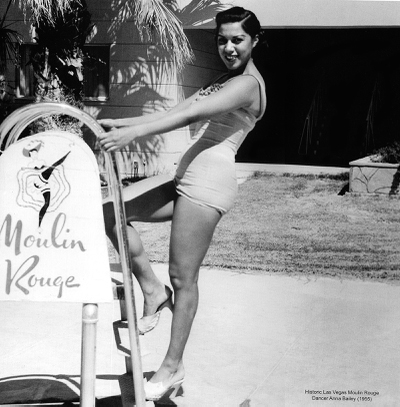
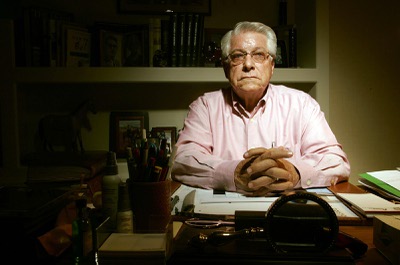
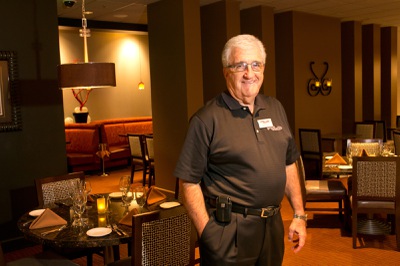
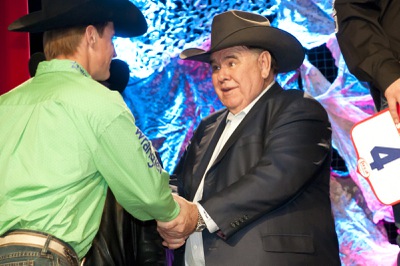
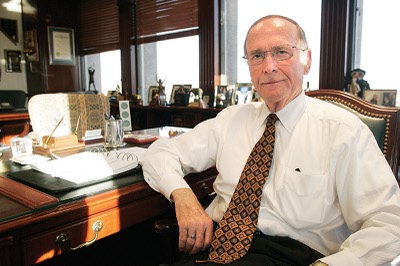

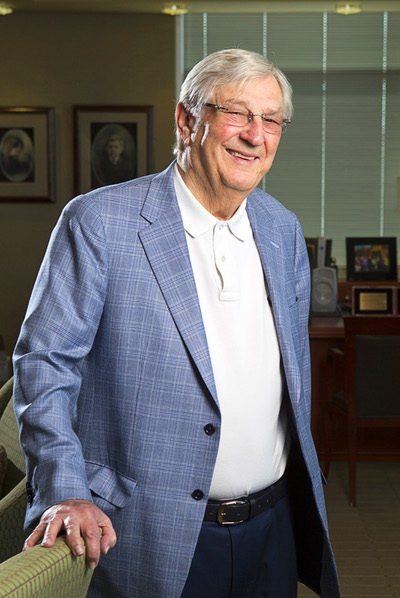

Join the Discussion:
Check this out for a full explanation of our conversion to the LiveFyre commenting system and instructions on how to sign up for an account.
Full comments policy